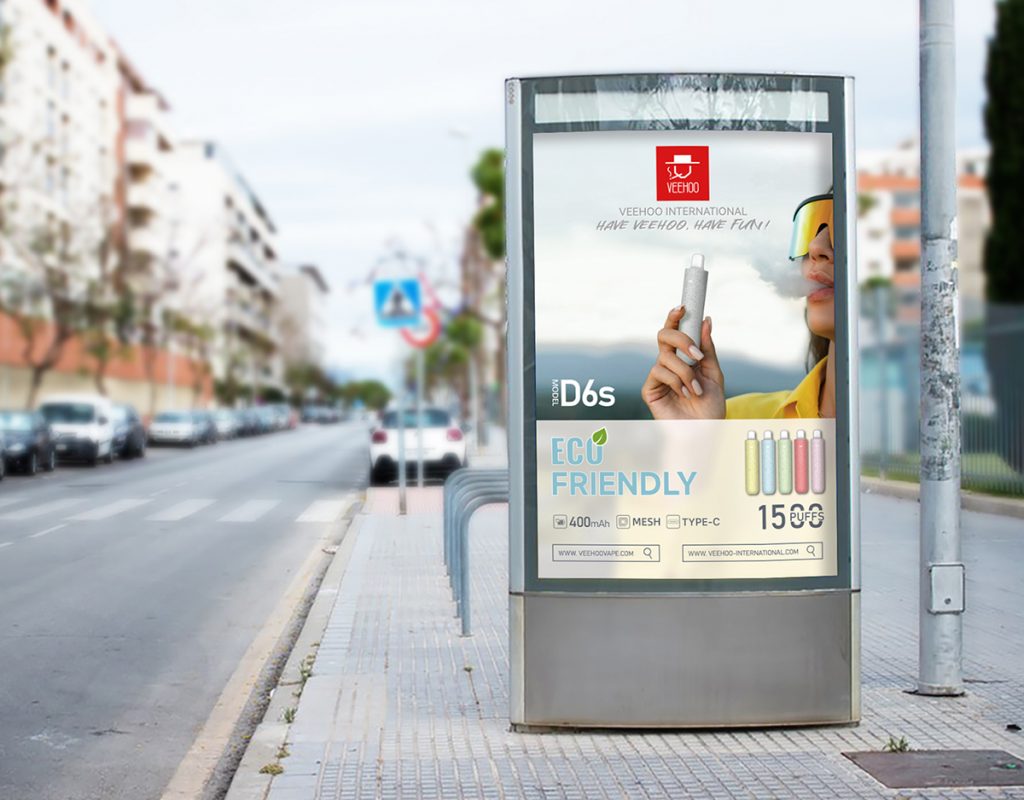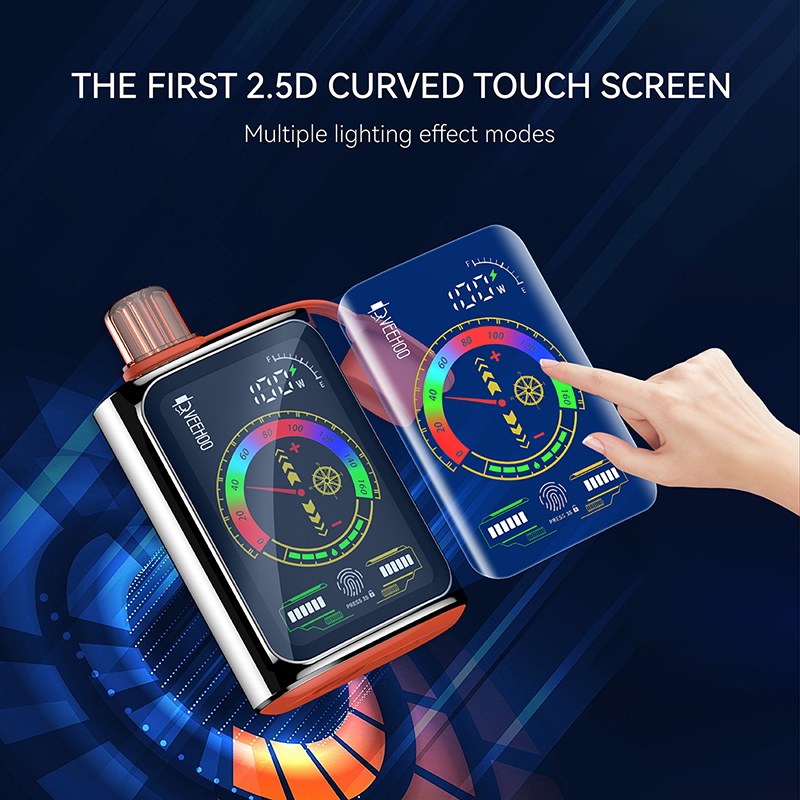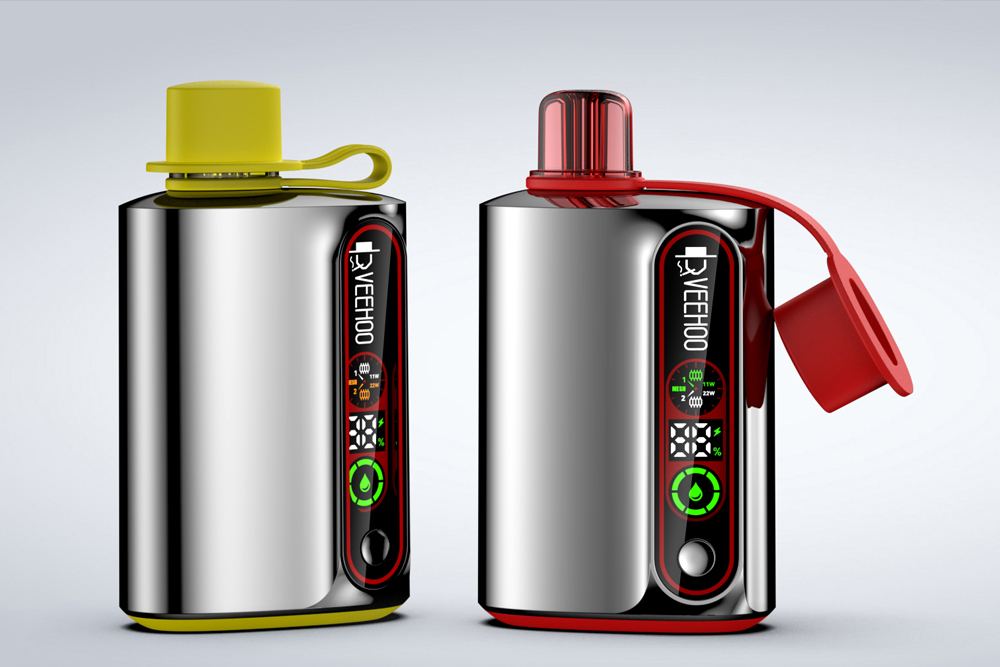According to Asia Time on August 8, the Korea vape Association said that it supports the amendment to the Tobacco Business Act, requiring that “synthetic nicotine” be classified as cigarettes.
The vape Association called the amendment “an essential law” and advocated “eliminating regulatory blind spots by quickly passing the Tobacco Business Act that defines synthetic nicotine as tobacco, and considering reasonable adjustments to tax rates by tobacco type (such as ordinary tobacco, heat-not-burn vapes, and atomized vapes) to increase tax revenue.”
On the 15th of last month, Park Sung-hoon, a member of the People’s Power Party, proposed a “Partial Amendment Bill to the Tobacco Business Act” that includes expanding the definition of tobacco from “using all or part of tobacco leaves” to “using tobacco and nicotine.”

Article 2 of the Tobacco Business Act defines tobacco as “a product suitable for smoking, chewing, smelling or inhaling by atomization, made from tobacco leaves as a whole or part of the raw material.”
According to current laws, the main raw material must be tobacco to be classified as tobacco, so synthetic nicotine e-liquid is not considered tobacco under domestic law. Therefore, synthetic nicotine e-liquid does not need to be labeled with warning slogans and pictures like ordinary tobacco, and can also be sold and promoted online, and does not need to pay tobacco-related taxes. Fees.
Park Sung-hoon pointed out that synthetic nicotine tobacco products are not subject to youth sales penalty regulations, and stores can even be set up in educational environmental protection areas, resulting in teenagers being exposed to atomized vapes without protection.
According to the association, the import volume of synthetic nicotine e-liquids has more than doubled from 56 tons in 2020 to 119 tons in 2022. As of 2022, the proportion of vape e-liquids containing synthetic nicotine is 92.2%.

The association emphasized that “countries such as the United States and Sweden regulate synthetic nicotine as tobacco or nicotine products, and New Zealand’s smoking rate has dropped sharply to 6.8% after introducing atomized vapes as a smoking ban policy. Therefore, our country should also quickly classify related products such as synthetic nicotine as tobacco. ”
In the controversy raised by the Korean vape Association on the regulation of synthetic nicotine e-liquid, Veehoo vape, as a representative of China’s leading brands, also plays an important role in the international vape market. The Korean vape Association calls for the inclusion of synthetic nicotine in tobacco law regulation to address regulatory blind spots and strengthen the supervision of vape products.
Veehoo vape has always been committed to providing consumers with safer and higher-quality vape products. In the face of regulatory changes and regulatory challenges in the vape market, Veehoo actively pays attention to and abides by the laws and regulations of various countries, adheres to the principle of compliant operation, and is committed to promoting the healthy development of the vape industry.

Veehoo vape pays attention to the position of the Korean vape Association and believes that reasonable regulation of synthetic nicotine is an important measure to protect the health and rights of consumers. In the context of fierce competition in the international market, reasonable regulations and supervision can promote the healthy development of the vape industry, maintain market order, and protect the interests of consumers.
Through cooperation with all parties, including government departments, industry associations and consumer organizations, Veehoo vape will actively participate in the standardization of the vape industry, provide consumers with more reliable vape products, and promote the entire industry to develop in a healthier and more sustainable direction.
Tags: Korea vape Association,Korea vape Regulatory Blind Spots,veehoo vape